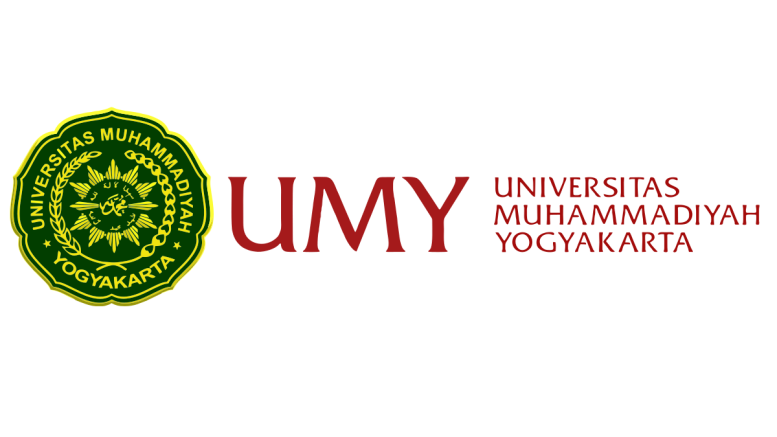Tinjaun Hukum Bagi Anak Dilahirkan Di Luar Perkawinan Menurut Adat Suku Tehit Papua
DOI:
https://doi.org/10.33506/jurnaljustisi.v9i1.1957Abstract
Marriage in the view of Article 26 of the Civil Code is only limited to civil relations. This means a relationship that only involves one person in terms of the outer bond between a man and a woman and is separated from spiritual or religious elements. In contrast to the case with customary law in general, Indonesia views marriage as a kinship bond of neighbours. Children outside of marriage are still a child who will live together as a family in society, so that they have the same protection rights as a child born in a legal marriage, even if in a legal marriage. In certain contexts, children outside marriage are considered a despicable event in people's lives. This research is empirical research, namely legal research by using field data as primary data sources, such as the results of interviews, observations and documentation. Then it is supported by secondary data, namely articles, journals and previous research. The results of this study indicate that: 1). The position of children born out of wedlock according to the Tehit Tribe and Positive Law Children born outside only have a relationship with their mother and their mother's family. 2). Legal protection for children out of wedlock in terms of the Tehit Tribe and positive law A woman and her child are given the opportunity by law to prosecute and fight for the rights of children out of wedlock to have a civil relationship with their father.
Downloads
Published
How to Cite
Issue
Section
License
Copyright (c) 2023 Dr. Dwi Pratiwi Markus, SH.,M.Kn, Rajab Lestaluhu

This work is licensed under a Creative Commons Attribution-ShareAlike 4.0 International License.










